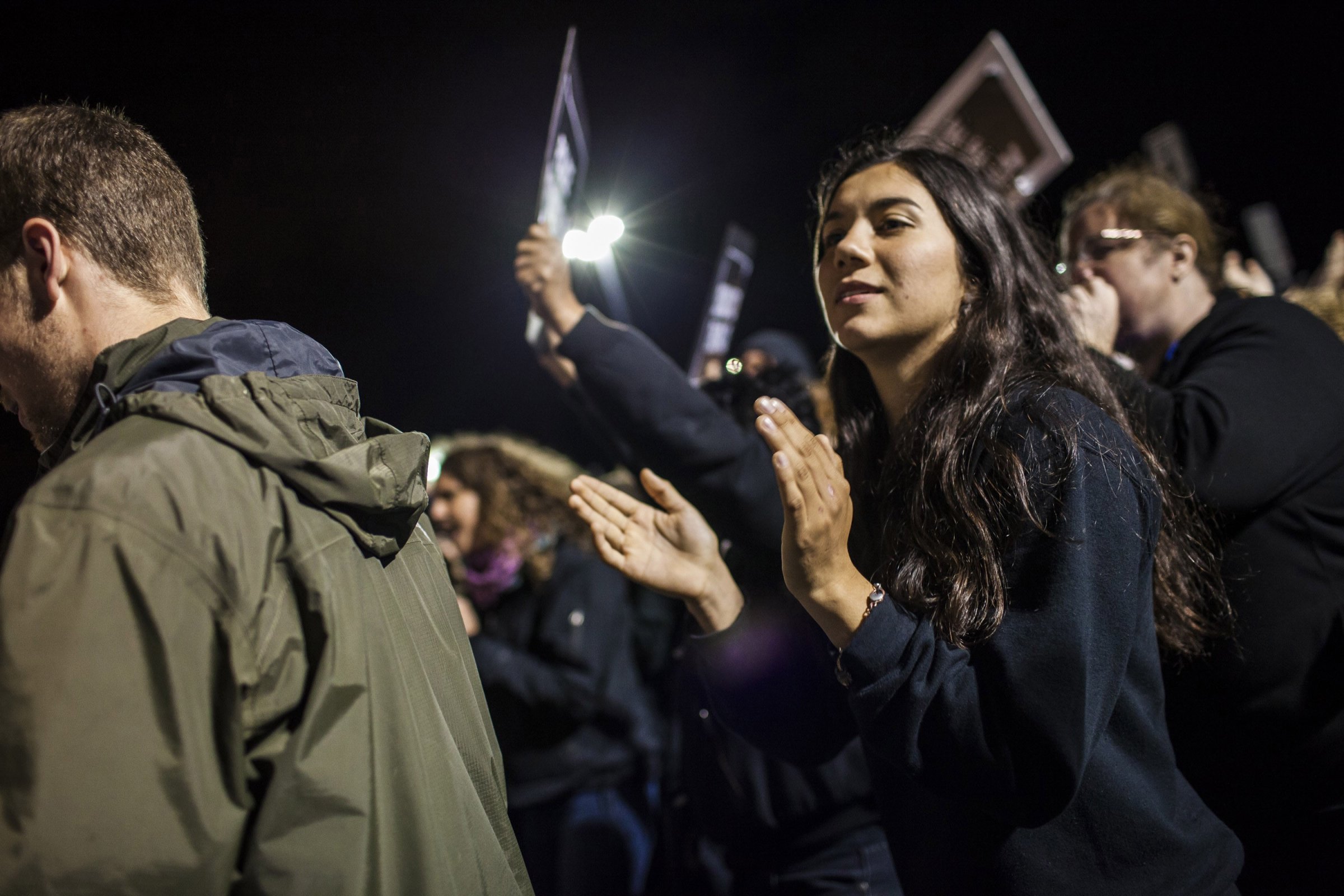
Maya Angelou once said, “Prejudice is a burden which confuses the past, threatens the future, and renders the present inaccessible.”
As I pray, write and think about Ferguson, I, like many of you, am searching for words and thoughts that serve to enter on the way toward wholeness in a very broken time in our nation’s history. So what words do we offer? How do we resist the sins of our past and make accessible in the present a way toward righteousness and peace?
Recently, I read a blog by Rachel Held Evans, who suggests that the place to start in our reflection on Ferguson is with lament. As Paul says in Romans 12:15, “weep with those who weep.” Then listen and learn. Then finally “loosen the chains” (Isaiah 58:6) with informed, prayerful action.
I think she’s right. We can lament, listen and then act. Ferguson challenges us all to engage, to listen to the pain, to name our fears, to hold each conversation in God’s loving embrace, knowing that we are all children of God.
Surprisingly, listening may be the hardest part. To seek understanding of the point of view of another requires patience and a setting aside of our own agendas. In our politicized climate, fear and distrust frequently take center stage before we ever hear the first words uttered by someone we perceive as on the “other side” of an issue. I have experienced this myself when I was immediately accused of disparaging law enforcement officers when I suggested racism may have had a role in the disturbances in Ferguson. We haven’t taken the time to delve into the longstanding tensions that set the stage for the protests, preferring instead to turn trolls in social media with superficial understandings.
As I think about Ferguson, the greater St. Louis community and our nation, I picture Jesus weeping at the pain of a city, conversing at the table with people with whom he disagreed, standing up for the downtrodden, being willing to die for the reconciliation of us all to God and to each other. I hear the risen Christ calling us to cast aside fear and instead to lament, listen and act as God guides us, each in our own place.
In the meantime, please join me in continued prayer over Ferguson, and all our communities, that we may together find the pathways toward healing and hope, reconciliation and wholeness.
Sharon E. Watkins is the General Minister and President of the Christian Church (Disciples of Christ) in the United States and Canada. She was the first woman to lead a mainline denomination in the U.S., and has served on the Advisory Council of the White House’s Faith-based and Neighborhood Partnerships. Watkins is the author ofWhole: A Call to Unity in a Fragmented World, and holds a doctoral degree from Phillips Theological Seminary and Master of Divinity from the Yale Divinity School.
More Must-Reads from TIME
- Cybersecurity Experts Are Sounding the Alarm on DOGE
- Meet the 2025 Women of the Year
- The Harsh Truth About Disability Inclusion
- Why Do More Young Adults Have Cancer?
- Colman Domingo Leads With Radical Love
- How to Get Better at Doing Things Alone
- Michelle Zauner Stares Down the Darkness
Write to Sharon E. Watkins at cwilliams@disciples.org